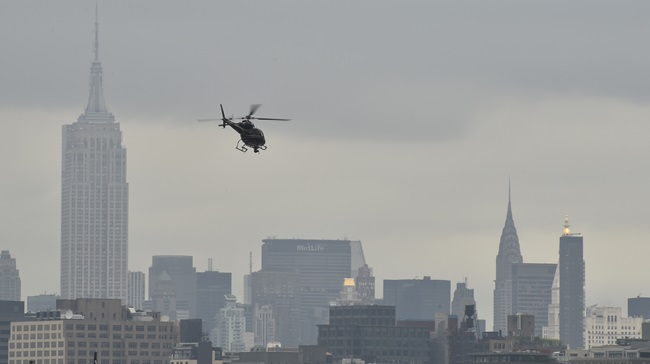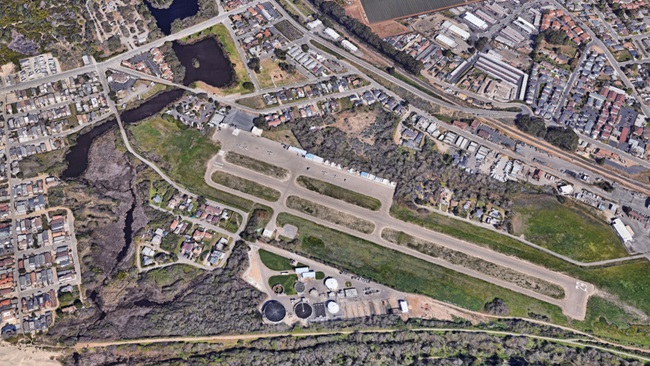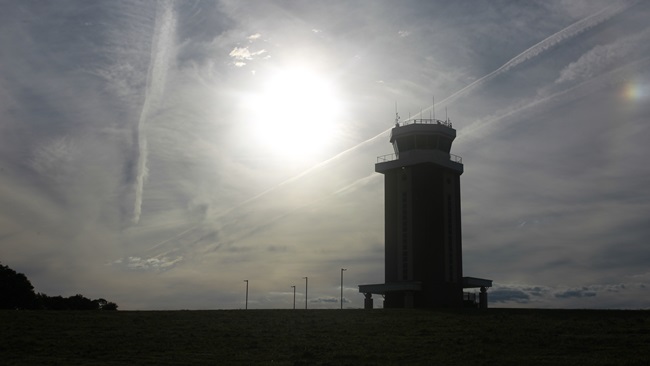East Hampton noise impasse endures
While the United States Supreme Court ruled in favor of aviation freedom in declining to hear an appeal of lower court rulings against a curfew imposed by the town of East Hampton, New York, this latest court ruling, one that effectively squashes attempted local control over takeoffs and landings, could prove a pyrrhic victory.
Aviation advocates who opposed the town’s 2015 imposition of airport curfews and traffic limits were inclined to celebrate. The National Business Aviation Association issued a statement June 26 hailing the Supreme Court’s one-sentence ruling as a “resounding victory for public-use airports nationwide,” one that reaffirms a national policy of regulating aviation on a federal rather than a local level.
Town officials have consistently lost court battles over local noise restrictions, though their losses in court have also limited a potential salve for local outrage over aircraft noise that has prompted the organization of at least one local group dedicated to closing the airport.
Foiled in their attempts to limit aircraft operations at the popular eastern Long Island destination (traditionally a summer playground for the rich and famous, many of whom come and go by helicopter), airport opponents have turned to other means to achieve their goal of silencing the airport.
AOPA on June 22 wrote to Gov. Andrew Cuomo urging a veto of a bill that would require local voters to approve any airport improvement projects requiring federal grants. The legislation, moved late in the session under a process reserved for strictly local matters, could, if enacted, invite other communities to seek similar legislation that would limit the ability of airports across the state to perform needed upgrades. The legislation’s intent is to prevent any further grant-funded projects at East Hampton Airport, and thus any extension of the town’s obligation to keep the airport open and operational through 2021, when current federal grant obligations expire. AOPA worked with the New York Aviation Management Association on efforts to stop the legislation that could put airports, and airport improvement projects, in peril across the state.
“Passage of this legislation will ultimately not bring solace to those of the East Hampton community troubled by aircraft noise,” AOPA Eastern Regional Manager Sean Collins wrote to the governor. “The courts have rightfully concluded that the East Hampton Airport (HTO) is obligated to remain open to the flying public through 2021. Therefore, enactment of A.5523 serves only to constrain the hands of future generations of local municipal leaders from taking action in support of their airport. This is a deliberate action by a very small number of airport critics to abuse the legislative process to stifle local control of transportation assets like airports.”
Aircraft noise has been a point of contention for many years. AOPA has attempted to help find solutions to the impasse that preserve the rights of all concerned, including airport users and those who oppose the facility. AOPA suggested a mediator in 2014 to bring an impartial viewpoint to the debate, though with passions running high both for and against HTO, a solution to the underlying conflict remains elusive.
The town does have the option to conduct a Part 161 process that could ultimately lead to implementation of local noise restrictions, though, as courts have consistently ruled, local officials must follow the FAA process and not enact unilateral or arbitrary restrictions.




